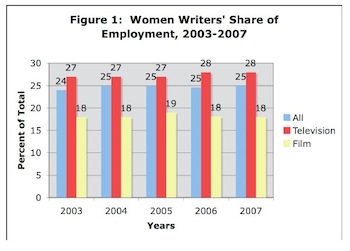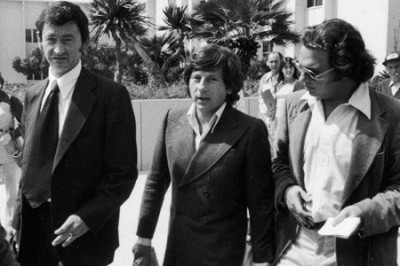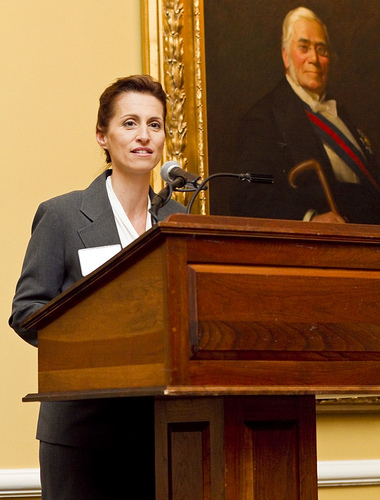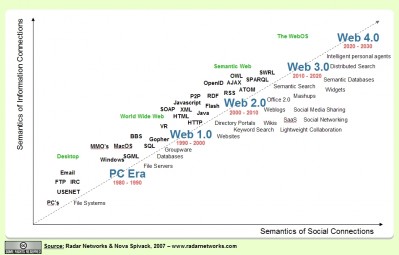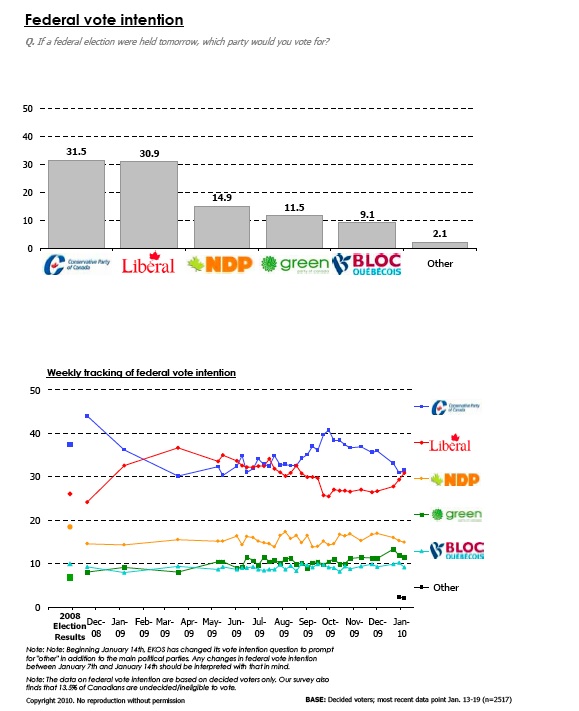Thankfully, the FDA has something called a “jelly bean rule” that prohibits companies from labeling sugary products as “healthy.” The Center for Society in the Public Interest won a motion to dismiss a suit in federal court against VitaminWater, owned by Coke. Coke argued that by including the sugar content in each bottle (33 grams if you’re interested), it was ensuring that consumers wouldn’t be deceived. But any of us that has reached for a drink of this sort knows that we’re not perfect information seekers. This is a classic case of satisficing – or seeking the “good enough” outcome rather than the “optimal” outcome. For satisficing to be effective, we need to trust the veracity of the choice. So if Coke labels a product as “healthy,” we probably should have some guaranteee that a vetting process has taken place so that ingestion of the product isn’t actualy the opposite of healthy. That’s where the jelly bean rule comes in.
Government is good 🙂
via Utne Reader.

